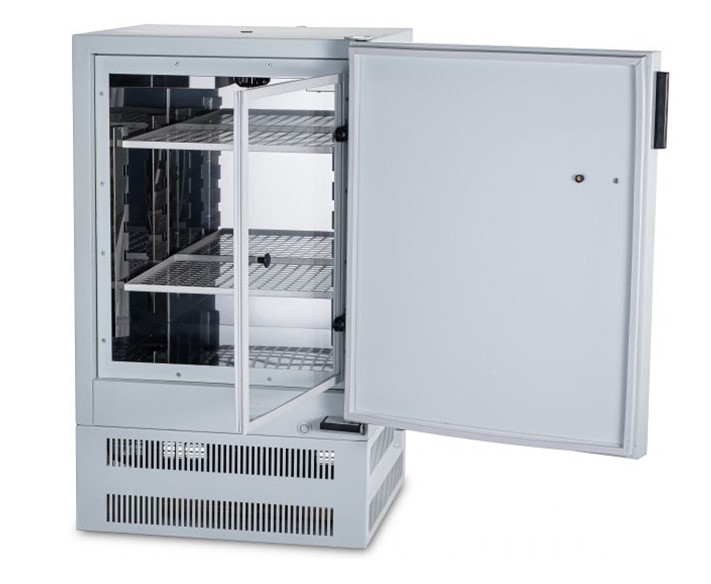US calls on EU and G7 to impose tariffs on China and India over Russian oil

The US has called on the EU and G7 members to impose "significant tariffs" on imports from China and India to stop them buying Russian oil, and has called an emergency G7 financial meeting to discuss measures to increase pressure on Russia, reportsREUTERS .
The G7 includes the United States, Great Britain , Germany , Italy , France , Japan and Canada .
China and India are the largest buyers of Russian oil . A U.S. Treasury spokesman told the agency that these purchases “fund the war machine” by prolonging the conflict in Ukraine . “Earlier this week, we made it clear to our EU allies that if they are serious about ending the war in their backyard, they must join us in imposing meaningful tariffs that will be lifted the day the war ends,” he said.
According to Bloomberg, the US proposal would impose secondary tariffs of 50-100% on China and India, as well as restrictive trade measures to limit the flow of Russian energy supplies and prevent dual-use goods from reaching Russia.
The agency notes that this is a difficult task, since such measures require unanimous support from EU members, and some of them, in particular Hungary, have blocked the introduction of tough restrictions on the Russian energy sector.
The US is also calling on the G7 countries to impose sanctions on the so-called "shadow fleet", organizations supporting the Russian military industry, Russian regional banks, and to ban services related to artificial intelligence and financial technologies in Russian special economic zones, Bloomberg writes.
In addition, according to the agency, senior US officials discussed with their European counterparts the idea of gradually seizing frozen Russian assets in order to "increase pressure on Moscow to force it to enter into negotiations." After the start of the military operation in Ukraine, about $300 billion of the Central Bank's assets were frozen abroad. Moscow stated that any actions with them would be considered "theft" and warned of legal consequences.
Most of the assets are frozen in the Belgian depository Euroclear. The EU allocates funds to help Ukraine from the income received from the blocked Russian assets. In this regard, Brussels does not intend to seize them, said the head of the EC Ursula von der Leyen.
Previously, The Wall Street Journal and the Financial Times wrote that Washington was demanding that European countries impose tariffs on India and China to increase pressure on Russia. FT sources reported that the US would also call on the G7 countries to do the same.
The US imposed an additional 25% tariff on goods from India in late August, thus increasing the rate for New Delhi to 50%. India considered the restrictions unfair and decided to continue purchasing Russian oil despite US demands. Indian Minister of Petroleum and Natural Gas Hardeep Puri noted that Russian oil supplies helped protect the world economy from a price hike.
The US is also demanding that the European Union refuse to supply Russian energy resources, replacing them with American ones. This is stipulated in the trade agreement between the parties. In Washington, they said that Brussels promised to refuse Russian gas by the end of next year.
Moscow considers the sanctions illegal. Russian authorities have stressed that the country has managed to reduce its dependence on hydrocarbon exports.
ReadPIONERPRODUKT .by inTELEGRAM .




























































